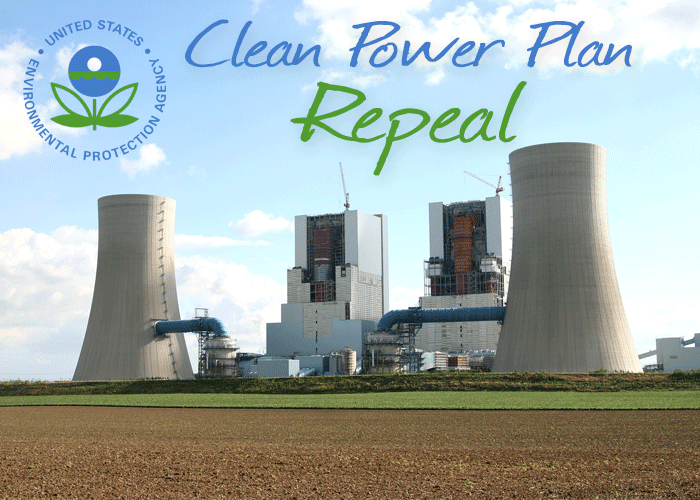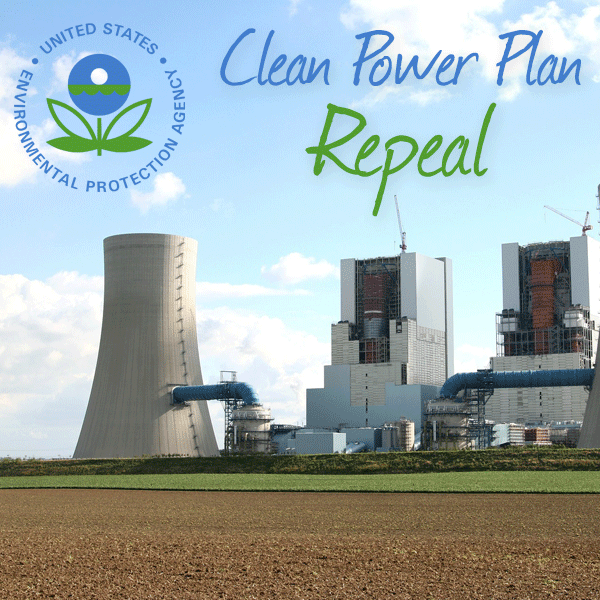
by Lil Tuttle
October was a busy month for the Trump administration’s Environmental Protection Agency (EPA). On October 10, the EPA ordered the Clean Power Plan (CPP) – Obama’s infamous war on coal and affordable energy scheme – repealed.
“Although there is no shortage of policy reasons to repeal the Clean Power Plan, which promises lots of economic pain for no discernible environmental gain,” writes Marlo Lewis Jr. of the Competitive Enterprise Institute, “Pruitt is proposing repeal chiefly because the plan exceeds the legal authority delegated to the agency by Congress.”
The Obama administration refused to accept that limitation. It wanted big reductions in power plant emissions of carbon dioxide like those in the cap-and-trade schemes that Congress had previously rejected. But CO2-capture technology cannot be retrofitted at a reasonable cost onto current fossil fuel power plants. So the Obama administration reimagined Section 111(d) [of the Clean Air Act] to authorize the EPA to set emission standards too stringent for any existing coal or natural gas power plant to achieve, while allowing the owners to comply by reducing output and investing in new renewable generation instead.
Left in place, the Clean Power Plan would have cost thousands of jobs, hundreds of billions of dollars in lost GDP, and increased home heating costs significantly.
The Trump administration had ordered the EPA in March to review CPP, which had already been put on hold by the U.S. Supreme Court after 28 states’ attorneys general and many in the energy industry filed legal action to stop its implementation.
The repeal process will take some time. A public notice must be published by EPA in the Federal Register to allow the public a 60-day period for comment. The EPA will then draft a replacement rule for review.
EPA Also Ending Conflict of Interest for Agency Science Advisors
On October 31, EPA’s Pruitt issued a new directive to end a conflict of interest practice of its science advisors. The directive stipulates “that no member of an EPA federal advisory committee (FAC) can receive an EPA grant.”
The EPA calculates that over 20 members of three of EPA’s 22 FACs, including the Science Advisory Board (SAB), Clean Air Scientific Committee (CASAC), and the Board of Scientific Counselors (BOSC), received over $77 million in direct EPA grant funding while serving on these committees.
EPA administrator Pruitt said, “Whatever science comes out of EPA, shouldn’t be political science. From this day forward, EPA advisory committee members will be financially independent from the Agency.”

